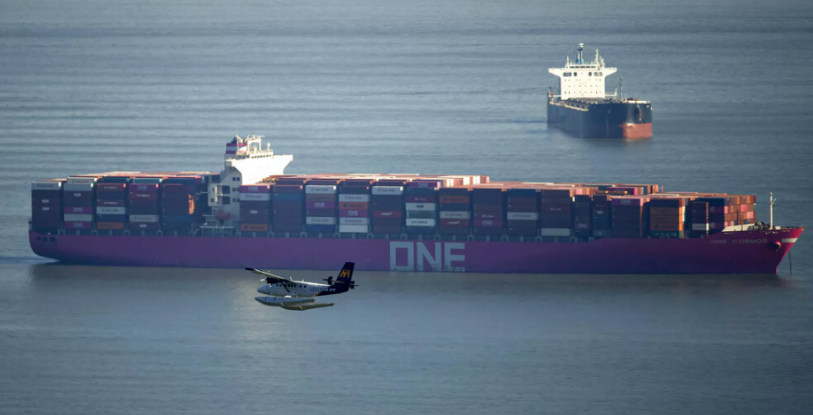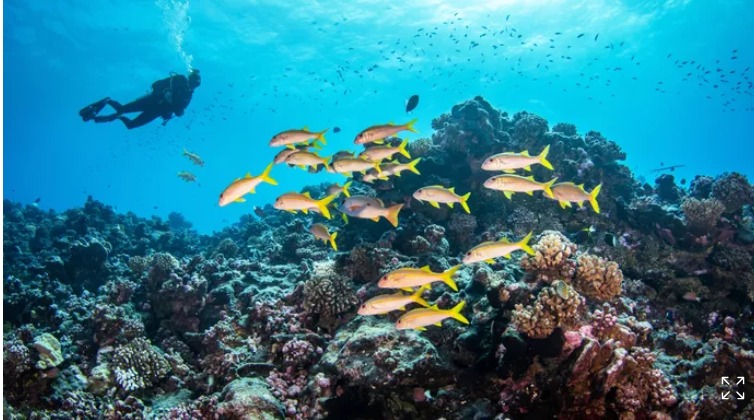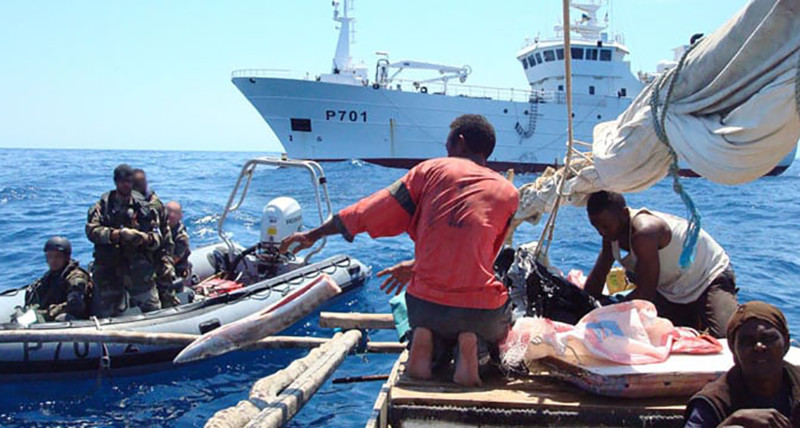Environment ministers argue that responsibility should fall under the scope of the International Maritime Organisation (IMO).
Environment ministers have broadly contested the inclusion of maritime transport in EU rules to counter microplastic pollution, arguing during an Environment Council meeting that unilateral European action would have limited impact and the International Maritime Organisation (IMO) should take the lead.
Cyprus, Czech Republic, Finland, Germany, Greece, Italy, Latvia, Poland and Slovenia are among the member states which on Monday (March 25) have been vocal against the inclusion of maritime transport in the European Commission proposal to reduce microplastic pollution from industrial pellet losses, tabled last October.
Environment Ministers said an ongoing debate within the IMO on plastic and pellets should form the basis of international solutions for the EU to follow. The UN agency convened in London recently to agree on draft recommendations for the carriage of plastic pellets by sea, along with draft guidelines for cleaning up spills from ships.
“We support the Commission’s approach not to include [maritime transport] in the regulation at this stage, taking into account the discussions at the IMO to reduce plastic reduction,” said the Finnish minister Kai Mykkänen, suggesting the possibility of measures at the EU level could be revisited in future if the outcome of those talks was unsatisfactory.
German environment minister Steffi Lemke told the Environment Council the discussion on microplastics was a “very important contribution” to tackling marine pollution more generally, but expressed doubts over possible trade and competition issues related to unilateral action. “This question should be arranged at the international level through the IMO,” she said.
Her Slovenian counterpart Bojan Kumer said his country “regularly participates in the IMO discussions” and noted his government was “still studying the possibility” of including shipping into the proposed EU law. Cyprus’s Maria Panayiotou pointed to recently revised EU legislation on ship source pollution saying Cyprus prefers to “wait for the outcome pending from the IMO” and for the time being her country “does not support the inclusion of maritime” in the EU law.
Portugal, represented by deputy permanent representative Manuela Teixeira Pinto, agreed that this discussion should be discussed within the IMO, but added that “our work shouldn’t be determined by what they’re doing.” Likewise Bulgarian permanent representative Ivanka Tasheva said “priority should be given to binding measures” at the global level, providing overall effectiveness is not undermined.
Environment Commissioner Virginijus Sinkevicius told ministers the EU executive would “not support a solution that would endanger the competitiveness of EU industry” instead the Commission will back solutions “in line with developments at the IMO”.
Last week, the European Parliament voted in plenary in favour of bringing the maritime transport of plastic pellets within the scope of the law, potentially setting it up for a showdown with national governments in forthcoming inter-institutional negotiations.
The issue of marine microplastic pollution came under the spotlight in January when millions of tiny ‘nurdles’, raw plastic used in manufacturing, washed up on beaches in the Spanish region of Galicia after containers fell from a chartered cargo ship off the coast of neighbouring Portugal.
Belgium, current holder of the rotating EU Council Presidency, put the topic on today’s agenda to gauge differing among member states on the overall objectives of the proposal, which follows separate EU legislation to tackle pollution due to microplastics added to products intentionally.
The legislative file will be taken up in the next legislative cycle following the EU elections of 6-9 June.




